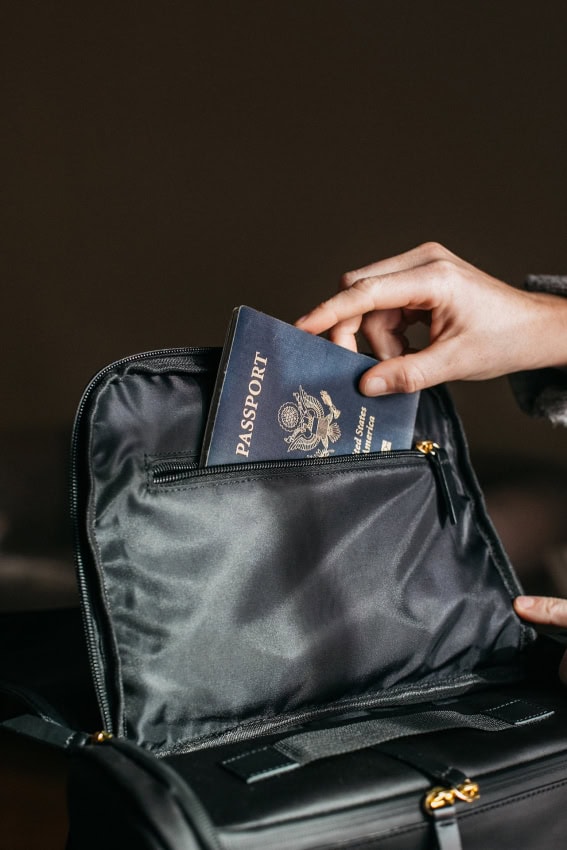WASHINGTON – In a major tech push aimed at facilitating passengers, the U.S. Department of State has announced that it is developing the capability to issue digital visa authorizations (DVA).
The initiative would replace the traditional visas that are printed and placed in applicants’ passports and would streamline the travel authorization process by automating the transfer of data from visa application, to airline verification, to border inspection, and U.S. admission.
The authorities in the United States have been under fire for prolonged delays in the processing of visa applications due to multiple reasons including the pandemic which put everything to a halt.
The DVA pilot program is apparently part of a comprehensive plan to develop a secure system for the electronic issuance and validation of U.S. travel documents.
At present, the State Department is developing digital visa authorizations and conducting the proof of concept at the U.S. Embassy in Dublin, Ireland but if the project is successful, digital visa authorizations will be available for other visa classes and other consulates.
Specifically, the initial proof of concept for the DVA technology is currently being tested with K-1 (fiancé(e)) visas in Dublin.
The reason for selecting K-1 visas is because they are single-entry visas and the U.S. Embassy in Dublin was selected due to the presence of U.S. Customs and Border Protection (CBP) pre-clearance procedures at Dublin Airport.
Many of the airlines providing direct flights from Dublin to the United States are already enrolled in CBP’s Document Validation Program. The State Department has confirmed expanding the program in later stages meaning that flyers from other countries would also take benefit soon, Mondaq reported.
There are multiple advantages DVA would offer over the traditional system. Firstly, because the DVA would not need to be physically placed in travelers’ passports, it could reduce the number of visa applicants who are asked to attend consular interviews.
Moreover, upon issuance of a DVA, a traveler’s information would automatically be sent to CBP which would allow CBP to digitally notify airlines as to whether an individual had valid travel credentials prior to boarding, adding another layer of security.
The DVA has the potential to enhance automation while minimizing the likelihood of errors, thereby bolstering the safety and security of international travel.














